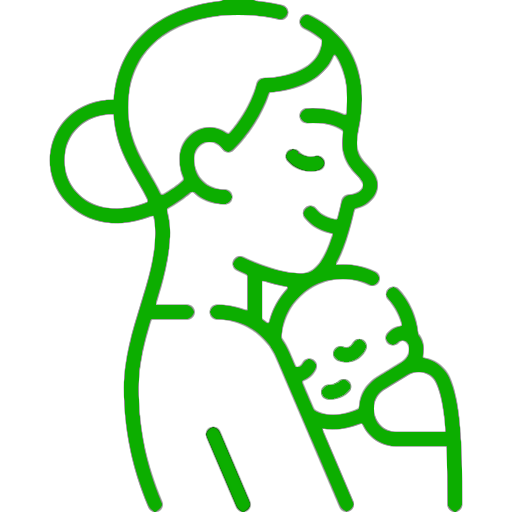What is the average neonatal weight?
At full term (40 weeks), around 80% of newborns weigh between 5 pounds 11 12 ounces and 8 pounds 5 34 ounces.

What toys should you get a newborn?
Consider purchasing a crib mobile that may be safely hung above the cot. Choose one with contrasting patterns and colours. A quiet music player or a soft, brightly coloured toy that makes mild sounds are also good for newborns at this age.
Is it necessary for my newborn to take vitamins?
Experts agree that neonates normally do not require vitamin supplements other than daily vitamin D drops (but only if the baby is not already getting this vitamin in her formula). For further information, talk to your baby’s doctor.
What to give a 1-week-old baby for constipation?
Even if you feel your baby is constipated, consult with your infant’s healthcare practitioner before giving your 1-week-old baby anything other than breast milk or formula. Bowel movements that are considered “normal” may change from baby to baby and at different ages. However, having hard stools fewer than once a day for a newborn may be a symptom of constipation. Consult your baby’s provider for guidance, as this schedule is occasionally normal for breastfed newborns.
Your Life as a Parent: An Emotional Rollercoaster!
You may experience a mix of happiness, pain, and weariness after giving birth. Stress and hormonal fluctuations may amplify your feelings. You’re also getting acclimated to certain new rituals, such as feeding, diaper changing, and putting your baby to sleep. Furthermore, you may be getting significantly less sleep than usual. Understand that you are not the first or last parent to feel overwhelmed at this time and that crying is natural. However, if you experience significant sadness, emptiness, apathy, or despair, you may be suffering from postpartum depression. Tell your healthcare professional how you’re feeling since there is assistance available.
Physical recuperation requires time after giving birth, whether vaginally or via cesarean section. Here are some bodily impacts to look out for around this time:
Bleeding
You will lose the blood and tissues that lined your uterus (this vaginal discharge is known as lochia). The bleeding may be strong at first, but it will lessen over the next few weeks. If you bleed through two pads in an hour for two hours in a row, contact your healthcare physician.
Uterine contractions
You may suffer afterbirth pains for around 10 days after giving birth as your uterus shrinks back to its usual size.
Perineal pain
When you give birth vaginally, the skin between your vagina and anus expands to allow your baby’s head to pass through. This is known as the perineum. This skin can tear and either mend on its own or require stitches. You can reduce swelling and pain by applying cold packs to the affected area and sitting on a soft pillow.
Stretched abdomen
Because the abdominal muscles do not snap back immediately after giving birth, your tummy may remain to appear pregnant in the days following delivery. Allow your body plenty of time to recover, and always consult your doctor before beginning to exercise.
Constipation
Having a bowel movement may be difficult in the first few days after giving birth. You may be terrified of the discomfort, have sluggish bowels as a result of pain medicine, or simply did not eat during labor. Seek advice from your healthcare practitioner on what to do. Drinking extra water and eating high-fibre meals may be beneficial.
Feeling tired
This comes as no surprise given the enormous amount of work you’ve put in, both physically and emotionally. You’ll need some time to recharge your batteries. Meanwhile, seek assistance with any household chores or responsibilities, minimize visitors, and sleep when your baby sleeps.
To discover more about how to handle any annoying symptoms, consult your healthcare provider and read our article on recovering after childbirth, especially if you had a cesarean section. Rest as much as you can and eat healthily. And, if your doctor has given you the all-clear, incorporate some mild activity into your regular regimen.
This page is based on professional advice from reputable medical and government organizations, such as the American Academy of Pediatrics and the American College of Obstetricians and Gynecologists. This page’s material should not be used in place of professional medical advice. For a complete diagnosis and treatment, always seek the advice of a medical expert.














Leave a Reply
View Comments